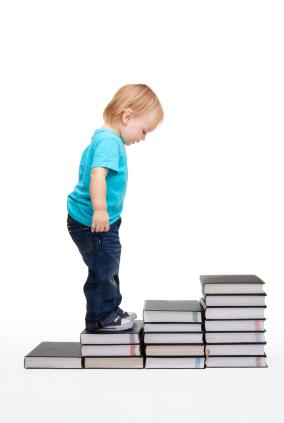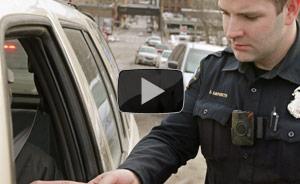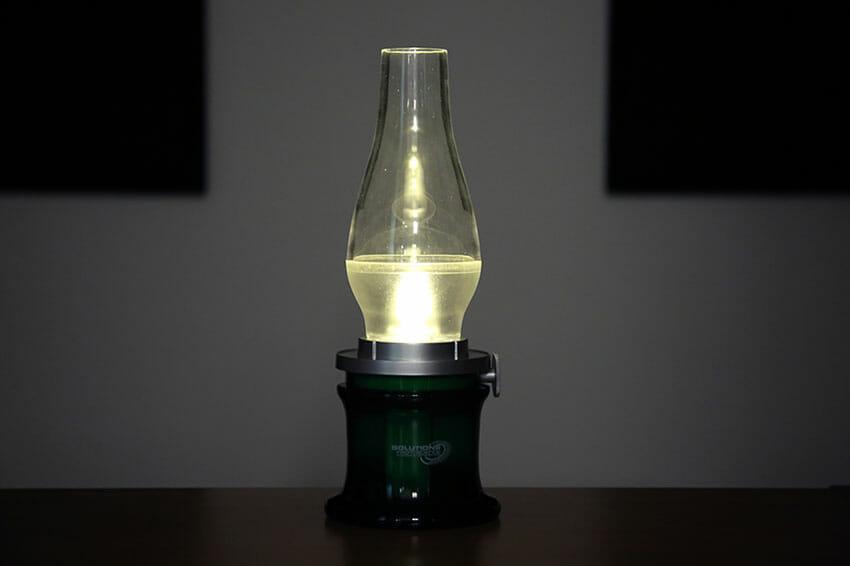 If you are beginning homeschooling and have a toddler in the house, you might have begun to think about preschooling and what that curriculum should look like. For those of us who have never worked in a preschool, it may seem like a bit of a mystery as to what exactly the little ones need to learn at that age. Is it necessary to start teaching your preschooler in a structured manner? Should you begin with letters and numbers? When should she start reading and doing simple arithmetic?
If you are beginning homeschooling and have a toddler in the house, you might have begun to think about preschooling and what that curriculum should look like. For those of us who have never worked in a preschool, it may seem like a bit of a mystery as to what exactly the little ones need to learn at that age. Is it necessary to start teaching your preschooler in a structured manner? Should you begin with letters and numbers? When should she start reading and doing simple arithmetic?
Without first-hand experience or a degree in education, the task of educating your little one can seem very daunting. We are often told that the early years are the most crucial to a child’s development, both academic and intellectual, as well as social and emotional. If you read the experiences of other homeschooling moms who have done this before you, whether through books or blogs, a theme begins to emerge. Many homeschoolers begin with a structured curriculum for their preschoolers and rigid instructional techniques and then throw it all out the window.
Preschoolers do not need very much structured learning. They only need their curiosity and the freedom to explore books, toys, art supplies, and the great outdoors (with your supervision of course), and they will blossom and soak up knowledge like little sponges. Naturally, there are many schools of thought, philosophies, and instructional methods when it comes to education, even for toddlers. However, if you provide your little one with the right resources and guide her to explore to her heart’s content, you will end up with a child who is ready for the more structured world of kindergarten.
What Do Preschoolers Learn?
A good place to start is at the beginning. Having a general idea of what preschoolers are expected to learn in formal schools can help to give you an idea and a direction. Understanding these basic expectations can give you a point at which to start. Of course, what the educational experts say a preschooler should learn is based on the fact that the preschooler will go next into a kindergarten classroom. If you will continue to homeschool your child beyond preschool, you can work towards the learning goals, but feel free to move at your own pace and one that works best for your child. Children learn at different rates.
- Motor skills. Your toddler is learning everything that you take for granted, including how to move. Your young one should be learning how to do different physical tasks that require differing levels of motor skills. She needs to learn how to do large movements like those involved in getting dressed, catching a ball, and running. She also needs to learn finer skills like holding utensils to eat, using writing implements, tying shoes, and using scissors.
- Social and emotional skills. Preschoolers also begin to learn valuable social and emotional lessons, like getting along with others, conflict resolution, sharing, following rules, appropriate behaviors, controlling emotions, and losing gracefully.
- Language and literacy. Learning to speak, read, and write are crucial skills that begin during the preschool years. Most children do not come out of preschool knowing how to read and write, but they do begin to learn letters, their sounds, and how to form them on paper.
- Math. Your preschooler should begin to learn the basics of math, like numbers, counting, shapes, and patterns. Arithmetic is not usually taught until kindergarten.
- Other subjects. Learning concepts in science, social studies, art, and other topics happen in an exploratory way in preschool. Toddlers are not expected to know certain facts, but they are supposed to be allowed to be creative and to investigate a wide variety of subjects through toys, books, walking outside, pictures, simple experiments, and field trips.
Is A Curriculum Necessary?
The short answer is no, but it certainly can’t hurt to have an overall plan to which you loosely adhere. For instance, maybe you make a plan for a week that includes practicing matching sounds and letters and identifying shapes. It is reasonable to be able to fit those two things into a week while still allowing your little one to explore and have fun with self-directed learning.
If you attempt to create or purchase a curriculum for preschool that includes daily plans and goals and with direct instruction from you on things like letters, numbers, and counting, you may be hampering your child’s will to learn. The early years of learning are when your children are exploring and having fun while doing it. There is no evidence that suggests a rigid structure and a strict curriculum will advance your child any more than one who has more freedom. In fact, by making preschool too much like “school,” you may end up stifling your child’s creativity and joy in learning.
Learn from the experiences of others when it comes to curriculum buying or creating for preschoolers. If you read the blogs of homeschoolers who have been at it for a while, you will hear the same thing over and over again: don’t bother! For instance, at Feels Like Home, a homeschooling mom describes how she spent tons of money on preschool curricula and none of it worked for her daughter. Instead of intensive planning and spending too much money, use the resources you have on hand and let your little ones explore. Here are some ideas for preschool activities and resources:
- Books and reading. The number one resource that you should have on hand for your toddlers is the written word. Books of all types and on all (appropriate) subjects should be available for preschoolers to look at. In addition to letting your preschooler explore books on her own, you should also spend time reading to her. The more reading you get in and the more opportunities she has to look at books, the easier it will be for her to become a reader herself.
- Pen and paper. So maybe a pen is not the best implement to start with, but chalk, crayons, washable markers, and other art supplies are a must for your preschooler. Small children need the chance to practice writing. Even when it just looks like a scribble to you, your toddler is just beginning to learn how to write. Encourage pen and paper every day.
- Busy items. Toys do not need to be expensive, and they don’t even need to be store bought. Any household item (that is safe of course) can become a toy and a way to keep your little one busy while developing crucial skills. For instance, a jar of collected buttons provides endless fascination for a preschooler. She can count them, sort them by color or size, and develop fine motor skills. Just be sure to supervise this play, as buttons may be a choking hazard for the very young.
- Head outside. There is no better place to learn than in the great outdoors. Here, you will find everything you need to keep your toddler busy, exploring, and learning. Take a walk together and talk about what you see. Let her turn over rocks, pick up sticks, and climb over logs, and she will make discoveries while developing her motor skills.
- Play groups. It is crucial that your preschooler gets a chance to interact with other kids of the same age. In this way, she will learn the important social and emotional skills that she needs for success in life. Look up homeschooling groups in your area or make up a group with your neighbors. Even if they are not homeschooling, they may want to join up with you and your child in the evenings or on weekends. Your church is another great place to find social time for your preschooler. Find out if there is a toddler and mommy group to join or a Bible study group for youngsters.
©2012 Off the Grid News











